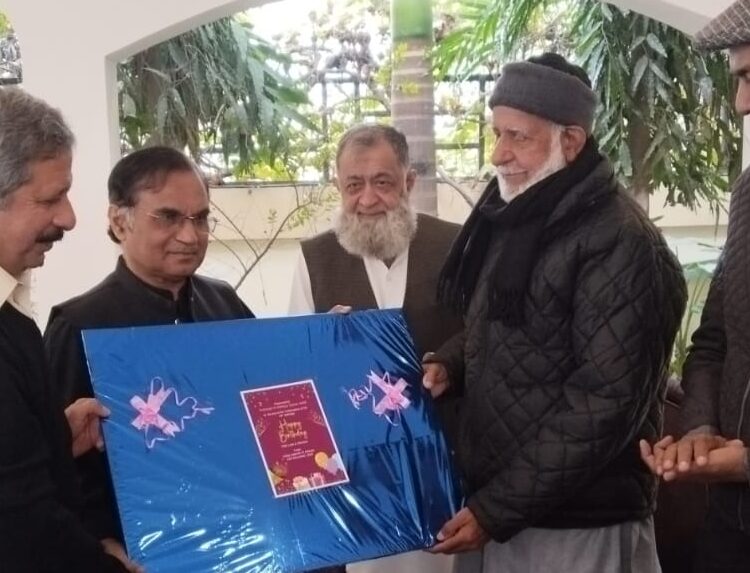A number of unbiased litigants have urged Chief Justice of Pakistan, Justice Yahya Afridi, to ensure the enforcement of Order X Rule 1 of the Civil Procedure Code 1908 in the country’s subordinate courts, saying that its implementation could significantly reduce the backlog of civil cases by promptly identifying disputed facts at the first hearing – a step whose absence leaves remedy-seekers like rolling stones.”
Chief Justice of Pakistan, Justice Yahya Afridi, has convened a meeting of the National Judicial (Policy Making) Committee (NJPMC) on May 26 and 27, 2025, to deliberate on judicial reforms.
There is a dire need to strengthen the administration of justice to ensure delivery across the board. With this in mind, the Supreme Court Chief Justice, Justice Yahya Afridi, has convened the meeting of the NJPMC during the last week of the current month, sources said.
According to media reports on Tuesday, the meeting, scheduled for May 26 and 27, 2025, aims to deliberate on the judicial reforms agenda with all the sitting Chief Justices of provincial High Courts, as well as the Chief Justice of the Federal Shariat Court Islamabad.
Speaking to Law Today, some unbiased litigants emphasized importance of devising a strategy to assist the Chief Justices in ensuring the operation of the law in its true letter and spirit, promoting just and speedy adjudication in civil administration of justice.
They highlighted the importance of promoting transparency under the principles of a fair trial within country’s civil justice system, noting the significant backlog in subordinate courts. They suggested that this issue could be addressed by sensitizing subordinate courts’ presiding officers to the strict observance of Order X Rule 1 of the Civil Procedure Code (CPC), which mandates that at the first hearing of a suit, the court must ascertain whether each party admits or denies the allegations made by the other party.
They expressed, would help identify disputed facts early in the process, significantly expediting case resolution and reducing delays that contribute to the backlog.






